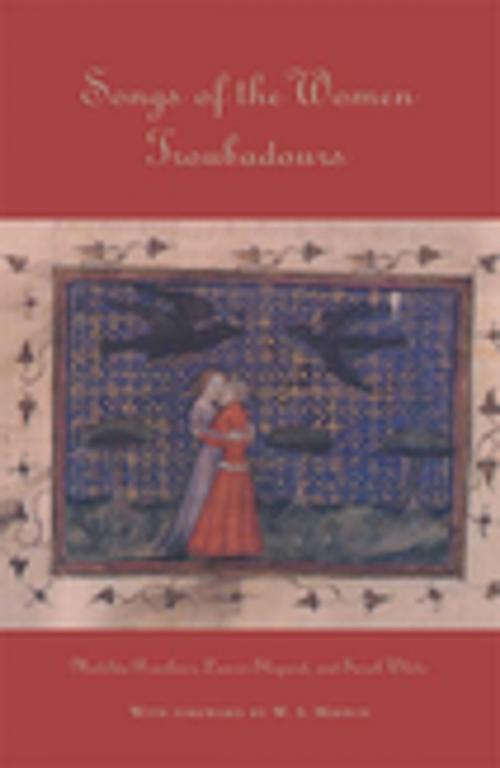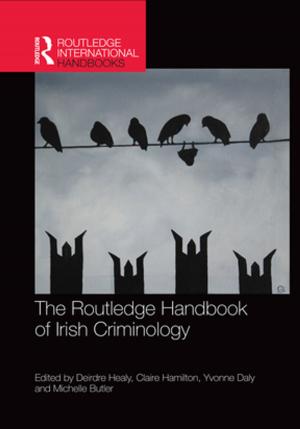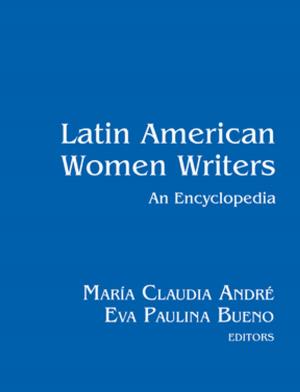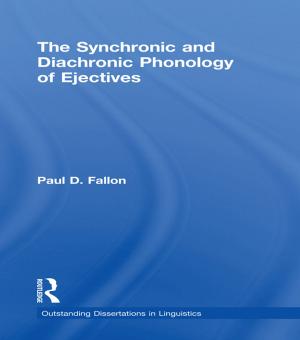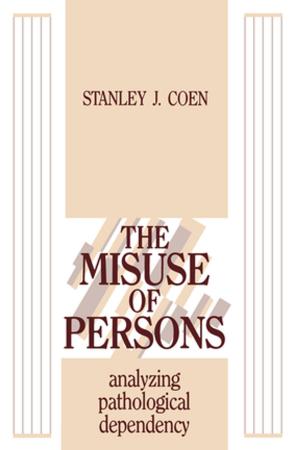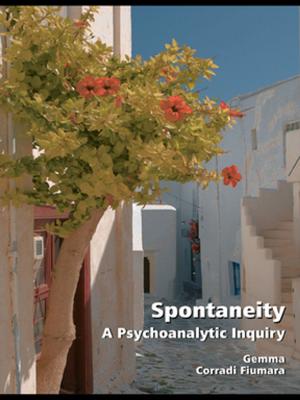| Author: | ISBN: | 9781135577797 | |
| Publisher: | Taylor and Francis | Publication: | November 23, 2004 |
| Imprint: | Routledge | Language: | English |
| Author: | |
| ISBN: | 9781135577797 |
| Publisher: | Taylor and Francis |
| Publication: | November 23, 2004 |
| Imprint: | Routledge |
| Language: | English |
This work offers an edition and translation of some 30 poems by the trobairitz, a remarkable group of women poets from the twelfth and thirteenth centuries, who composed in the style and language of the troubadours. Introductory essays and notes by specialists in the field place the poems in literary, linguistic, historical, social and cultural contexts. English versions facing Occitan texts elucidate the original language and themes, while supplying poems that can be enjoyed by contemporary readers . The varied corpus includes love songs (cansos), debate poems (tensos), political satires (sirventes) and other lyrical sub-genres (including dawn-song, lament, ballad, chanson de mal mariee). To represent the range of female voices available in the lyric corpus of the troubadours, the editors have selected songs consistently attributed to historically documented women poets, as well as songs whose authorship is open to question. The latter may be presented by the manuscripts with or without a named woman poet, but all offer female speakers personae characteristic of troubadour poets in general.
This work offers an edition and translation of some 30 poems by the trobairitz, a remarkable group of women poets from the twelfth and thirteenth centuries, who composed in the style and language of the troubadours. Introductory essays and notes by specialists in the field place the poems in literary, linguistic, historical, social and cultural contexts. English versions facing Occitan texts elucidate the original language and themes, while supplying poems that can be enjoyed by contemporary readers . The varied corpus includes love songs (cansos), debate poems (tensos), political satires (sirventes) and other lyrical sub-genres (including dawn-song, lament, ballad, chanson de mal mariee). To represent the range of female voices available in the lyric corpus of the troubadours, the editors have selected songs consistently attributed to historically documented women poets, as well as songs whose authorship is open to question. The latter may be presented by the manuscripts with or without a named woman poet, but all offer female speakers personae characteristic of troubadour poets in general.
